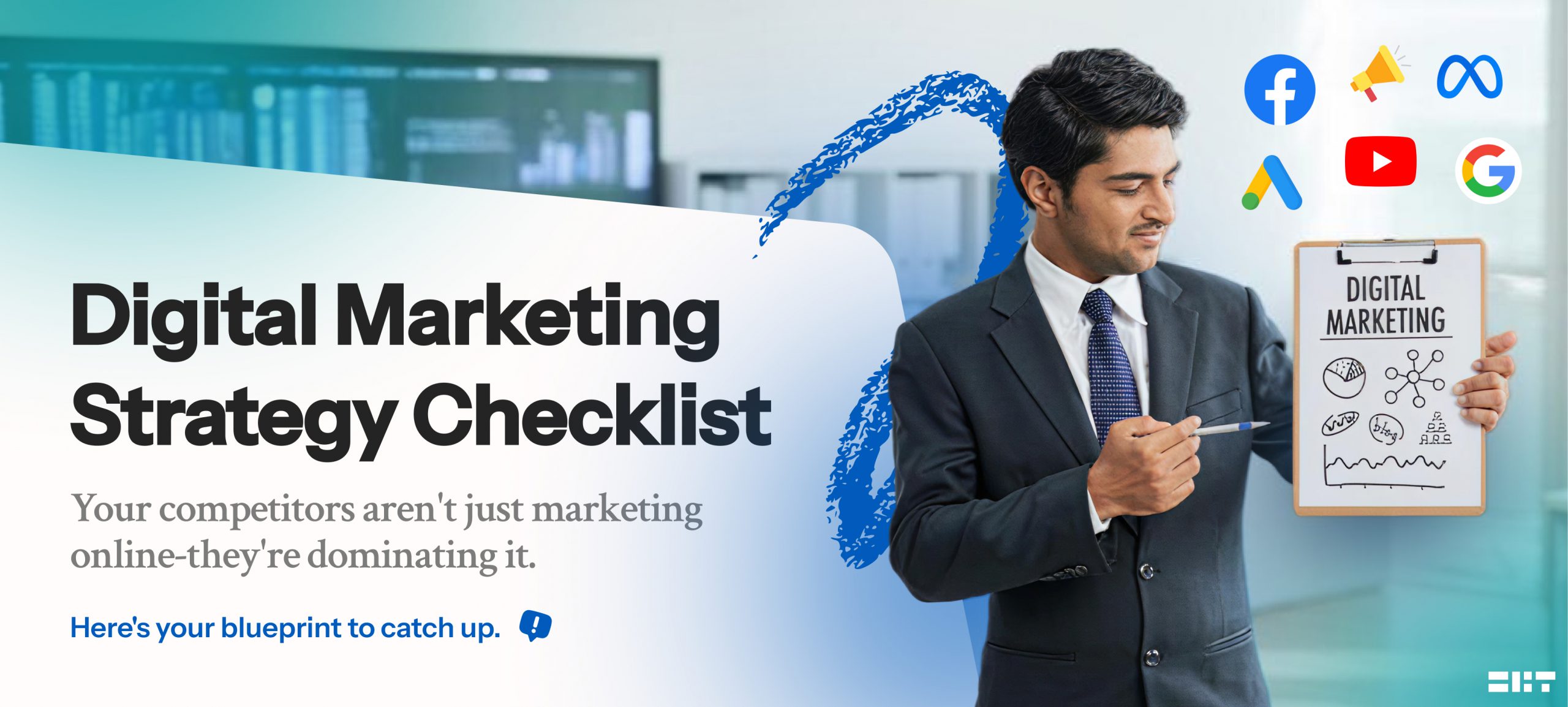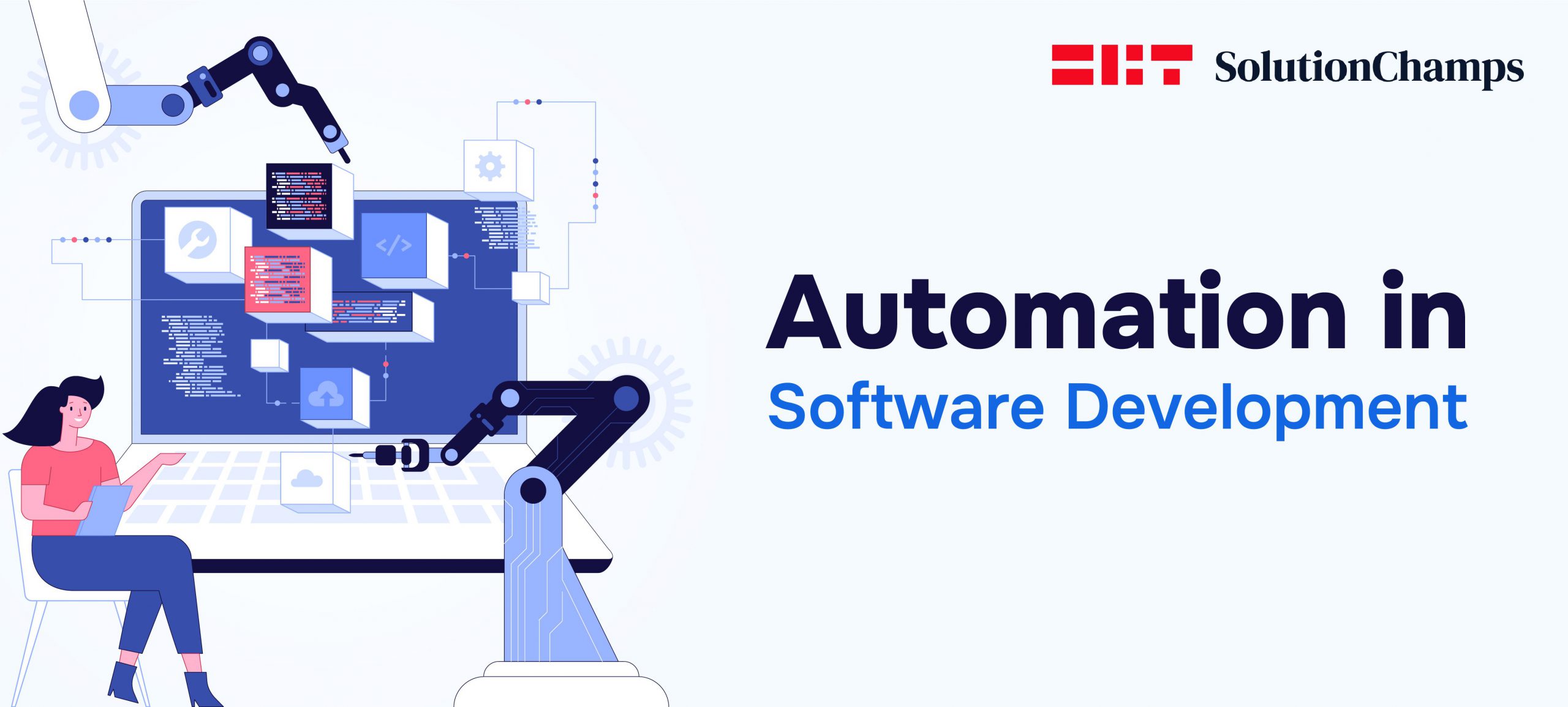Introduction
In today’s era, staying ahead of business calls for high-tech solutions. Fortunately, the rise of AI opened up a new realm of possibilities. It helps in navigating complex challenges. Adaptive AI continuously learns, evolves, and adapts to changing circumstances.
Instead of collecting and processing data at the same time, adaptive AI uses a sequenced approach to data analysis. This allows you to learn from new insights while continuing to work on old predictions. You can do all this much faster because you get a lot of real-time data-based insight.
In this blog, we will look at how adaptable AI is changing the context of business. We will look at how they help in various sectors from improving operational efficiency to providing personalized customer experiences.
Advantages of Adaptive AI
AI development is used to create chatbots, which have access to the company database. It is trained to consult customers about the company’s products and services. Adaptive AI adds something new to the picture. They make use of information from websites, and databases to update knowledge and change conversations.
Development time & cost
To change its operating condition, traditional AI may require months. But, adaptive AI can update the development in a fraction. By doing so, one can save costs and time efficiently. Through continuous learning, the system can utilize new data and feedback to enhance the operation.
AI development company pioneers innovative solutions, leveraging state-of-the-art technology to drive efficiency and enhance user experiences.
Customization ability
How can adaptive AI learn on its own? Adaptive AI makes itself highly customizable to any field or situation. It can draw insights from its observations. It not only learns from historical data but also adjusts prices based on demand and predicts price sensitivity. It retrains the system on new data and combines it with learning algorithms to improve performance. This maximizes revenue and improves customer satisfaction.
Data-driven predictions
It benefits from instances that impact market behaviour in real-time thereby maintaining accuracy. Adaptive AI identifies data from the workplace to make data-driven predictions. They incorporate new data into their existing models, allowing them to update their predictions. This recurrent learning process confirms that the forecasts stay relevant and in line with the most recent trends. Adaptive AI in discovering complicated patterns that human analysts might fail to recognize.
Security management
In today’s era, data exchange made it to be publicly accessible. This drives more security concerns. Sensitive data could get into the hands of fraudsters. Adaptive AI detects suspicious actions suggesting unauthorized access by recognizing usual patterns of user behaviour. This contributes to the strengthening of security measures such as multi-factor authentication and access control.
Use cases
In our growing digitized world, we are more adaptable to technology. Adaptive AI creates a better user experience and assists in decision-making. It offers multiple applications in a variety of sectors. Here are some of the most frequent adaptive AI applications:
Healthcare
Healthcare generates a vast amount of data, which is difficult to analyze and interpret due to its complexity. Traditional approaches to medicine may not be optimal for every patient.
AI algorithms can efficiently process and analyze large datasets, and extract relevant information. Thereby providing valuable insights for clinical decision-making and research. They make use of patient data like lab results, and medical history to predict future health outcomes. Adaptive AI can help identify patterns, genetic variants, and specific treatment responses for each patient. It allows for more personalized therapies and better results. The clinical decision is simplified thereby. Timely detection by continuously learning from new data helps in the detection and prevention of disease.
Monitoring patients in real-time is made easy by adaptive AI to detect any changes in health conditions. For instance, it monitors blood pressure and heart rate for further assessment.
Supply chain management
One significant challenge with supply chain optimization is uncertainty and demand variability. Demand forecasting might be a huge profit driver in any business. Unforeseen events and fluctuating customer demands make it challenging for optimization.
To develop reliable demand estimates, adaptive AI analyzes historical data, industry trends, and external variables. Constantly, they learn from new data, allowing them to change projections in real-time.
Supply chains are interrupted by natural disasters, supplier failures, etc. Managing these risks is critical to ensure uninterrupted operations.
Adaptive AI helps to mitigate these risks. It analyzes real-time data from various sources like news feeds to recommend alternate plans.
E-commerce
E-commerce platforms face a challenge in providing personalized experiences to customers. This is due to their inability to understand individual preferences and adjust services accordingly. E-commerce platforms face difficulty in facilitating effortless product discovery. This is due to the sheer volume of products available and the variability in customer search behaviour. To address this, efficient mechanisms must be provided to narrow down the options. Disclosing relevant products tailored to each customer’s unique needs and preferences is necessary.
Adaptive AI can use customer data to create personalized product recommendations, promotions, and shopping experiences to improve customer engagement, conversions, and satisfaction. AI can provide intelligent search suggestions, autocomplete, and personalized product recommendations to simplify the shopping process and increase conversion.
Conclusion
Adaptive AI is a revolutionary force that helps organizations in almost every industry. The systems have various advantages that boost efficiency and growth by constantly learning and changing in response to new data and input.
Looking to transform your business ways with the help of cutting-edge AI solutions? Embrace the potential of adaptive AI by consulting an AI development company.
 HealthCare
Contact Us
HealthCare
Contact Us
 HealthCare
Contact Us
HealthCare
Contact Us




